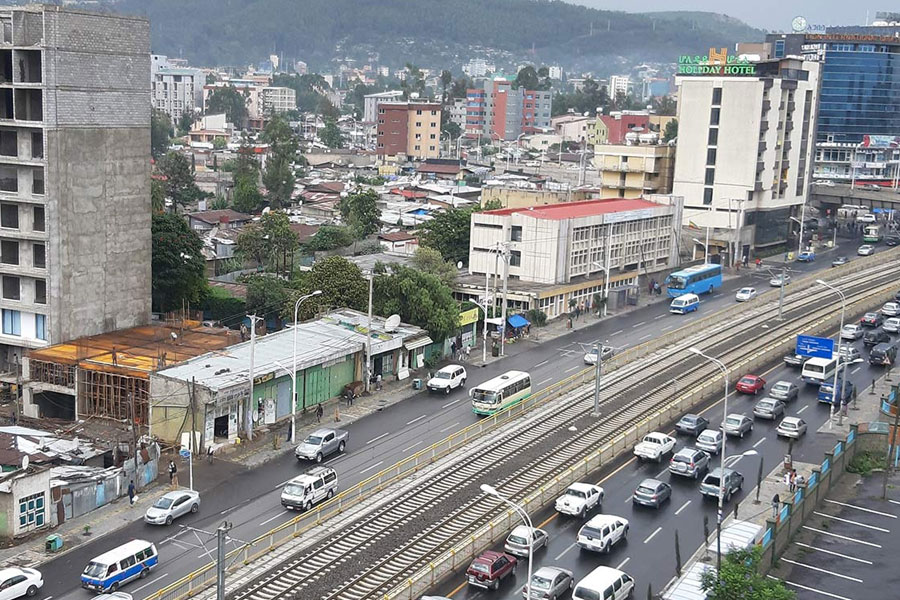
Fortune News | Jul 03,2021
Jul 25 , 2020
By Eden Sahle
It is not easy to rescue ourselves from the prejudices and biases that are a part of our everyday life. In this period, when politics hovers over almost every facet of life, our individual and group relationships are becoming ever more toxic.
Recently, a friend asked to meet me to help her get a job for her nephew. She mentioned that he has a three-year-old daughter from his five-year marriage. As she went on telling me the story, my presumption was that due to the economic impacts of the COVID-19 outbreak, he might have lost his job.
But this was not the case. Her nephew runs a phone accessories shop that his wife had opened for him. The income was not something that led him to complain that much.
What was the problem?
It turns out that he was not the one that wanted a new job. It was his family, who wanted him to be able to support himself and separate from his wife. They have grown uneasy about his marriage to a woman from a different ethnic group. They believed that his economic independence was necessary to get him out of the relationship.
I ended our meeting with the lady, because she took offence at my opinion. But what is starting to happen is clear. Politics is coming into households, and it is impacting individual lives. These are not the first couple I have come across where the partisanship in the national discourse is lending itself to disagreements between couples.
Many people in Ethiopia today are disillusioned with the trappings of hate. This has much to do with the biased preconceptions and disappointment over the uncertainty about the rapidly changing socio-political life of the country.
It is quite common to find people who categorise others, giving them too many labels based on their backgrounds. It is heart-breaking that many people are giving too much attention to trivial things that should not be considered important enough to come between families.
How people are raised and what they have been told as a child grows with them. If it is not rejected, wherever it comes from, whether from family or friends, it affects how we perceive ourselves and others. It is equally hard to see the bias we carry around with us, not to mention that we are usually unwilling to recognise what is wrong with our worldview.
It is impossible to control others and what kind of value they attach to those they consider “different,” but we can control how we process those thoughts in our mind and how we treat others. We should not be conditioned to accept and tolerate harmful things. It is not easy to recognise when this happens. But when we are willing to destroy someone’s marriage because we are unnerved by the ethnic identity of one of the partners, that should serve as a clue that there is something deeply wrong there.
Despite such hardships we are passing through, we can all decide to turn things around for the benefit of everyone. All the bad that happened can be ended if there is a public who values and respects others just because they are humans.
We should not remain captive to the hate that is destroying the goodness in individuals. National consensus will not come by itself but when different social groups actively seek it by reflecting on their worldview and questioning their biases. As individuals and part of society, we have a responsibility to respond constructively and address biases.
Respecting and valuing parents and seniors does not mean buying into their bad influence. This is because we always get to select how we see, react and value the things we are told. We need to begin to think that nothing affects us until we let it impact us negatively. We need to stop the enabling role of discrimination and disapprove of wrongful perceptions for the betterment of our society.
As Ethiopians, we claim to fight against all sorts of discrimination, but we have a long way to go to overcome the contributions we make to these discriminations ourselves.
PUBLISHED ON
Jul 25,2020 [ VOL
21 , NO
1056]

Fortune News | Jul 03,2021

Viewpoints | Jan 23,2021
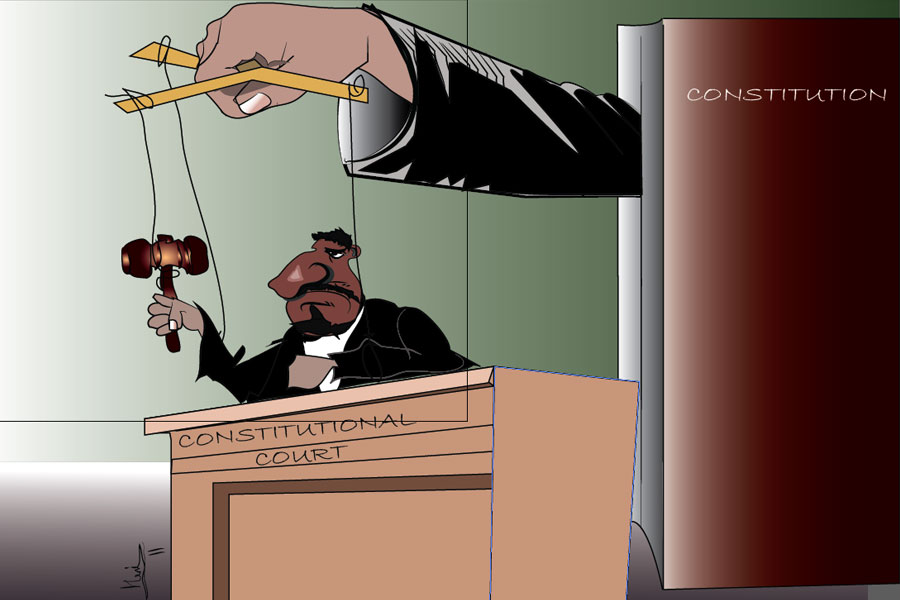
Editorial | Jan 12,2019

Fortune News | Feb 19,2022

Radar | Jun 03,2023
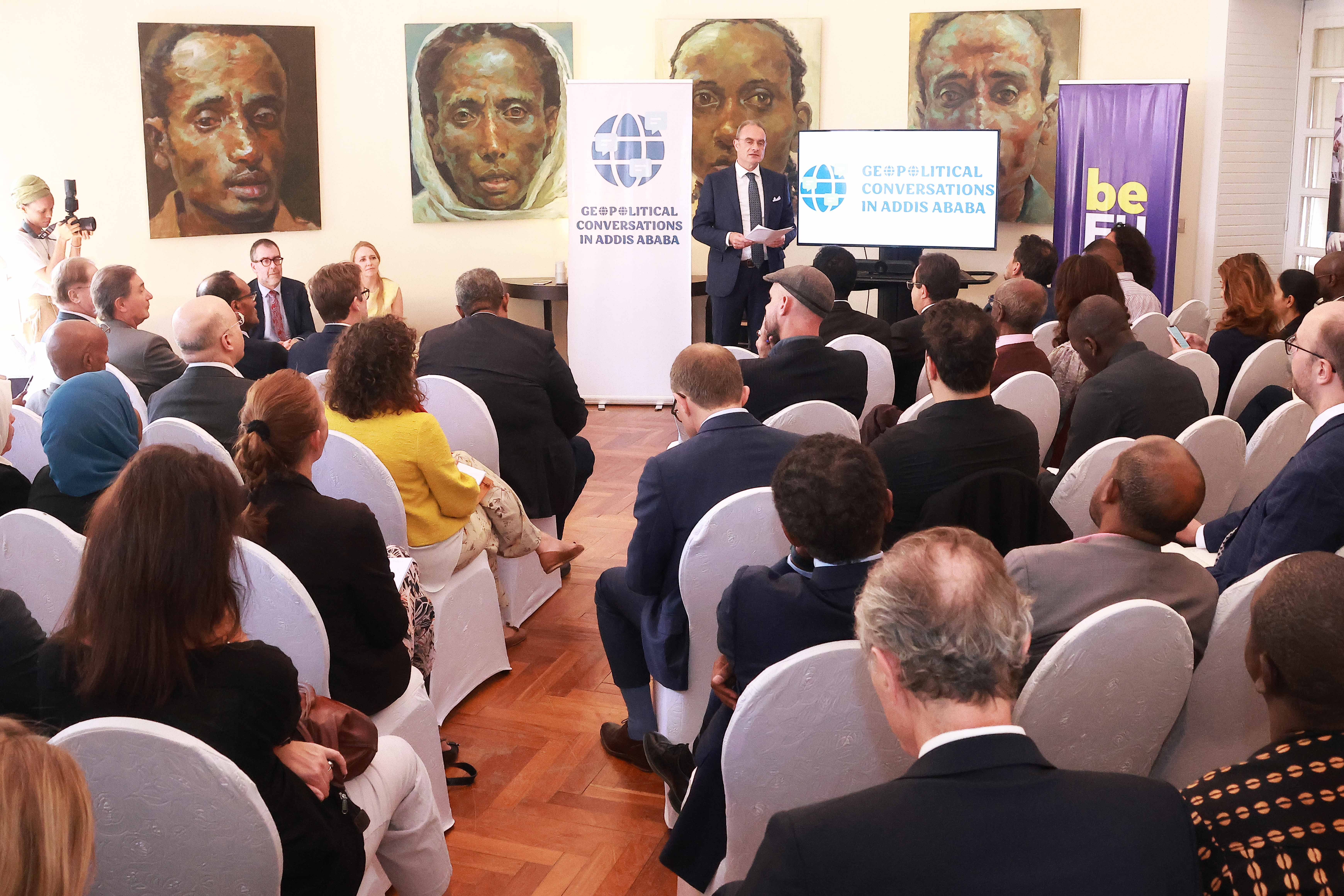
Radar | Jan 27,2024
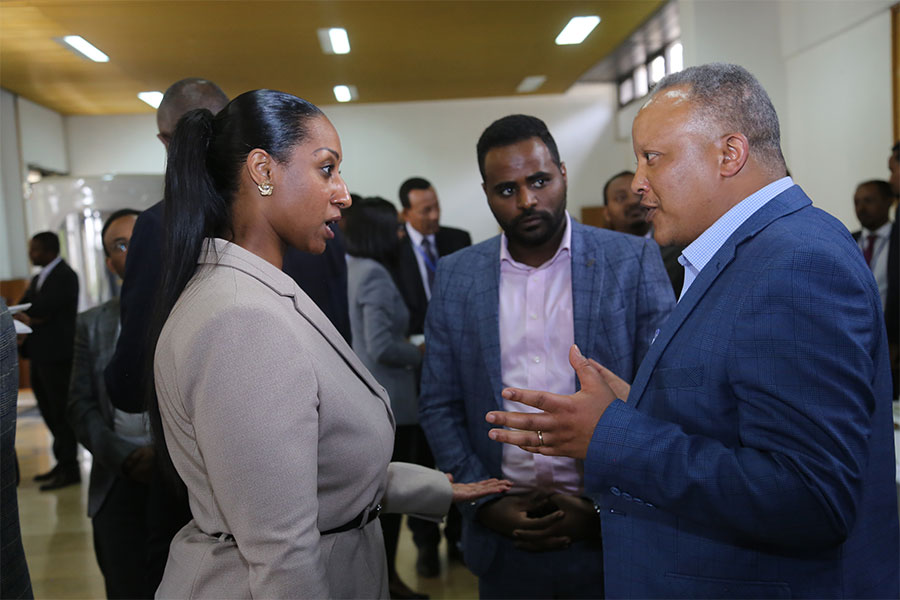
Fortune News | Mar 07,2020
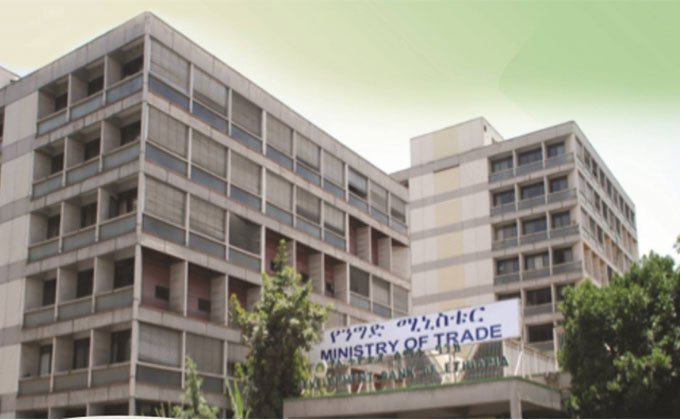
Fortune News | Oct 12,2019

Fortune News | Aug 13,2022

Viewpoints | Jan 03,2021

Photo Gallery | 97058 Views | May 06,2019

Photo Gallery | 89280 Views | Apr 26,2019

My Opinion | 67271 Views | Aug 14,2021

Commentaries | 65794 Views | Oct 02,2021

Feb 24 , 2024 . By MUNIR SHEMSU
Abel Yeshitila, a real estate developer with a 12-year track record, finds himself unable to sell homes in his latest venture. Despite slash...

Feb 10 , 2024 . By MUNIR SHEMSU
In his last week's address to Parliament, Prime Minister Abiy Ahmed (PhD) painted a picture of an economy...

Jan 7 , 2024
In the realm of international finance and diplomacy, few cities hold the distinction that Addis Abeba doe...

Sep 30 , 2023 . By AKSAH ITALO
On a chilly morning outside Ke'Geberew Market, Yeshi Chane, a 35-year-old mother cradling her seven-month-old baby, stands amidst the throng...

Apr 27 , 2024
The Prosperity Party (PP) - Prosperitians - is charting a course through treacherous...

Apr 20 , 2024
In a departure from its traditionally opaque practices, the National Bank of Ethiopia...

Apr 13 , 2024
In the hushed corridors of the legislative house on Lorenzo Te'azaz Road (Arat Kilo)...

Apr 6 , 2024
In a rather unsettling turn of events, the state-owned Commercial Bank of Ethiopia (C...
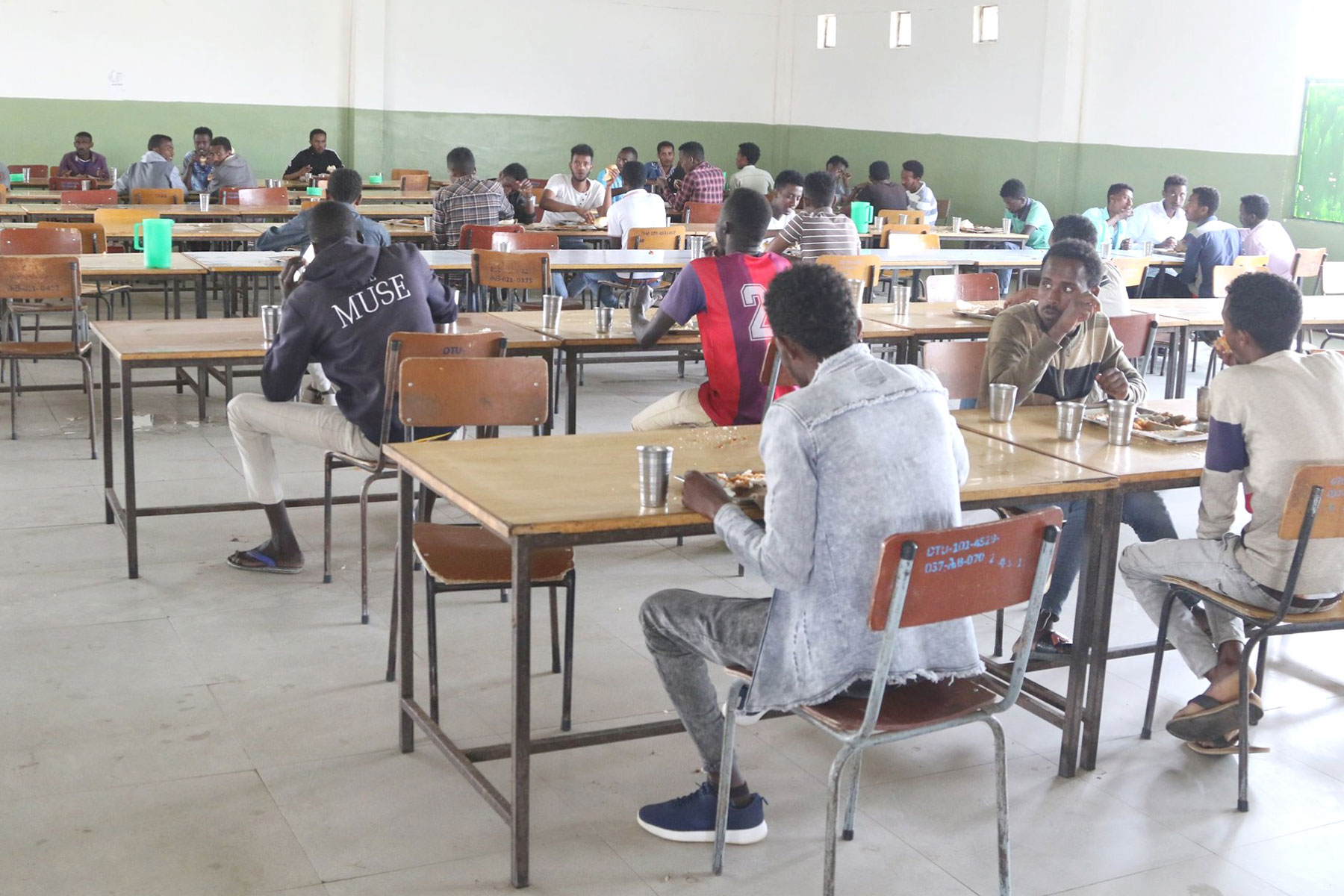
Apr 28 , 2024
A dire situation unfolds across public universities, where students face the harsh re...
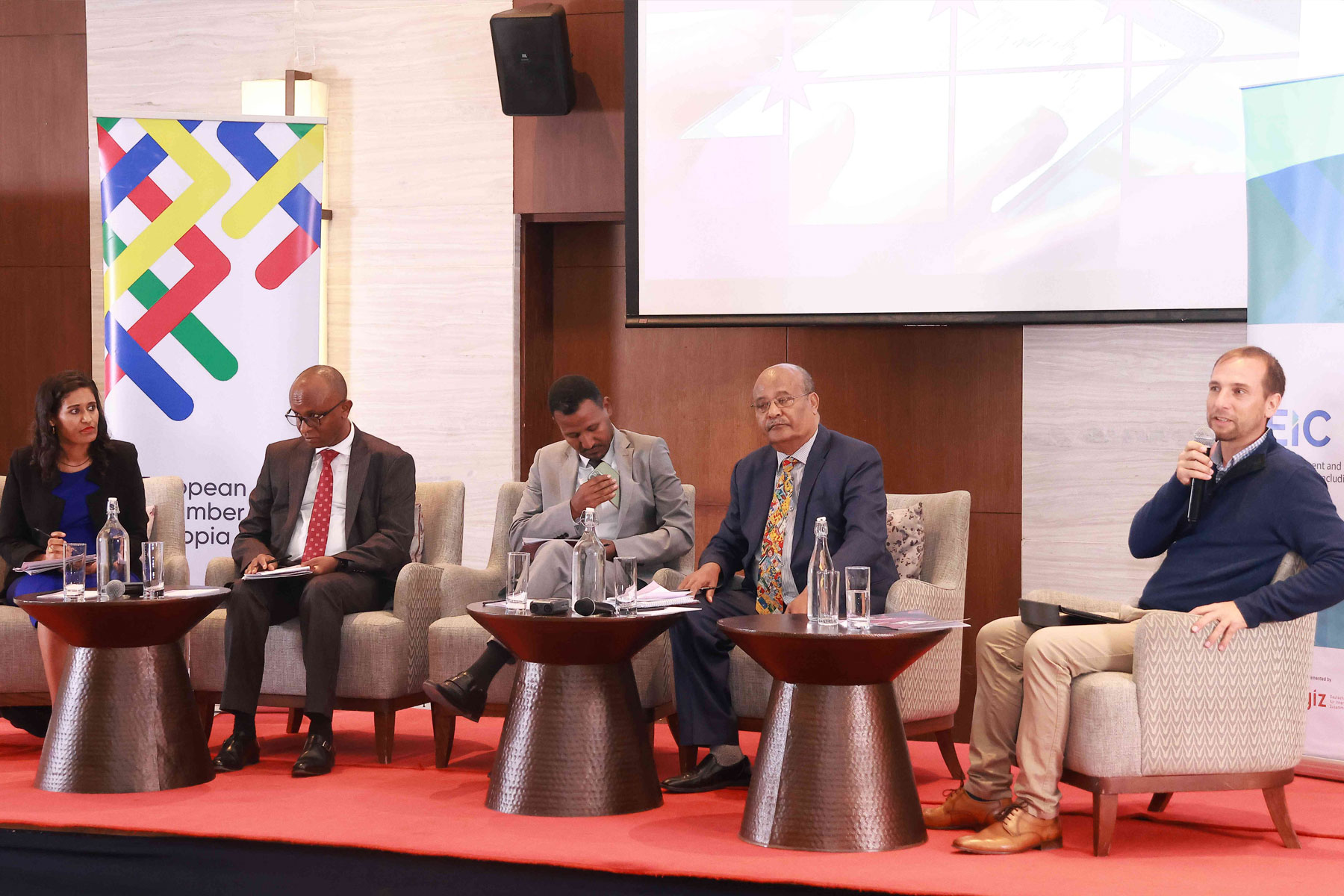
Apr 28 , 2024 . By MUNIR SHEMSU
A European business lobby in Ethiopia issued a scathing review of the tax system last...

Apr 28 , 2024
The Federal Supreme Court has recently ruled in the prolonged commercial dispute surr...
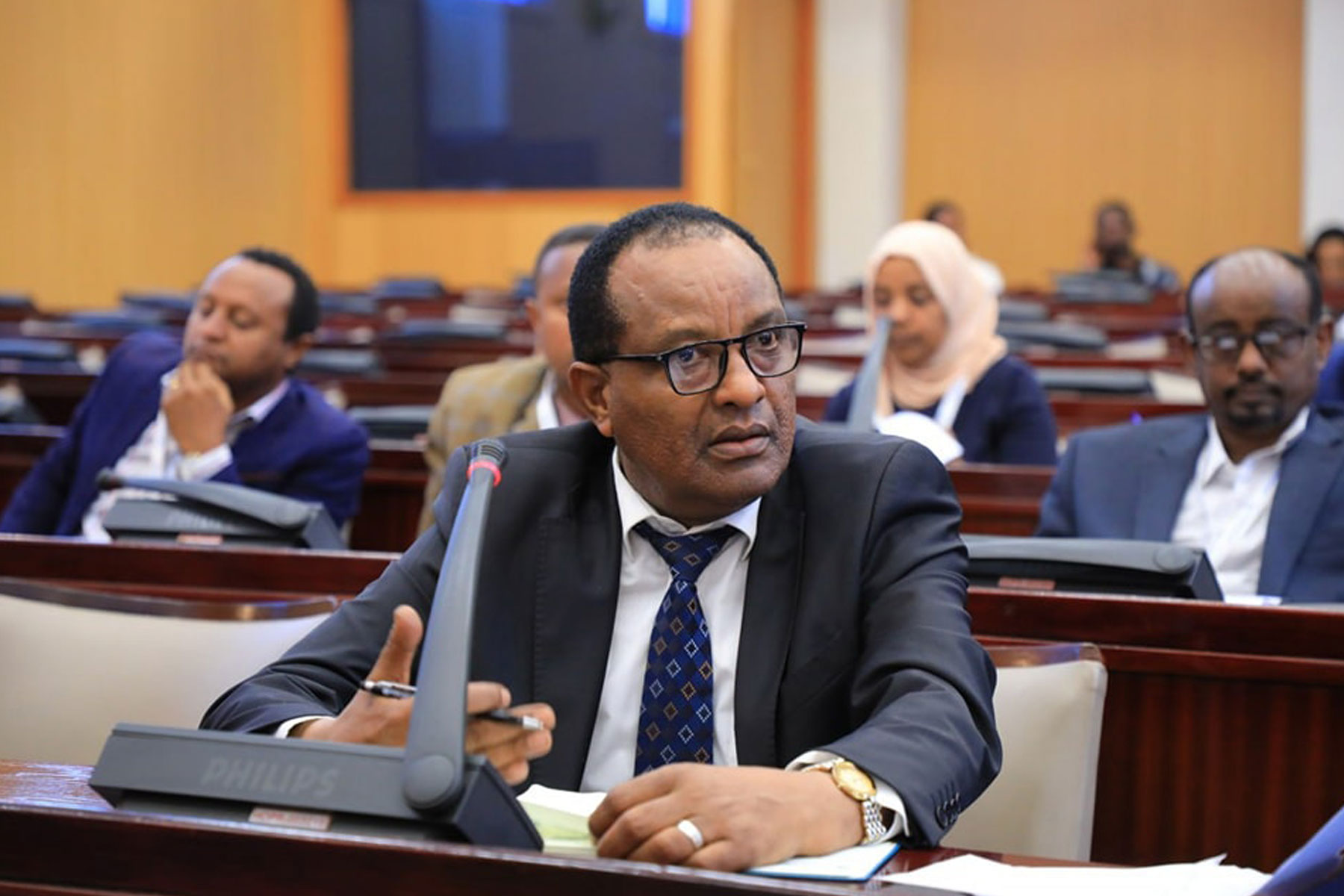
Apr 28 , 2024 . By MUNIR SHEMSU
Transport authorities placed blame on driving schools and vehicle inspection centres...